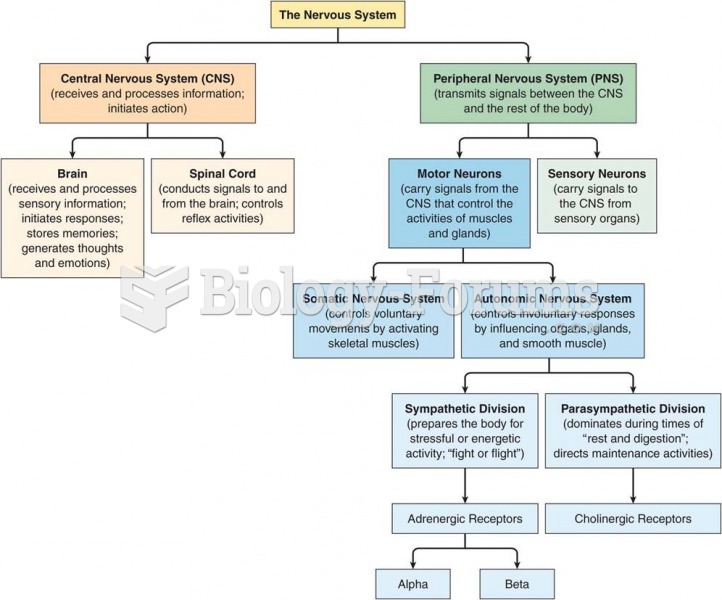This topic contains a solution. Click here to go to the answer
|
|
|
Did you know?
Vital signs (blood pressure, temperature, pulse rate, respiration rate) should be taken before any drug administration. Patients should be informed not to use tobacco or caffeine at least 30 minutes before their appointment.
Did you know?
Asthma is the most common chronic childhood disease in the world. Most children who develop asthma have symptoms before they are 5 years old.
Did you know?
Each year in the United States, there are approximately six million pregnancies. This means that at any one time, about 4% of women in the United States are pregnant.
Did you know?
By definition, when a medication is administered intravenously, its bioavailability is 100%.
Did you know?
Women are 50% to 75% more likely than men to experience an adverse drug reaction.







